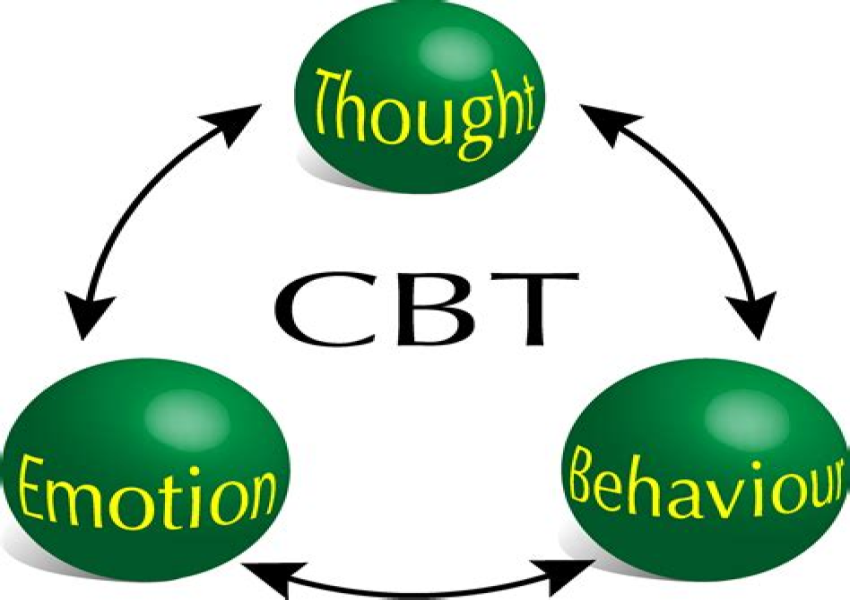Authors: Melanie Newman, freelance journalist
Many patients with “long” covid are experiencing extreme fatigue, a situation that has re-polarised approaches to treatment and rehabilitation. Melanie Newman reports
“I submitted the first positive trial of cognitive behavioural therapy [CBT] as a treatment for chronic fatigue in the ’90s,” recalls Michael Sharpe, a professor of psychological medicine who was then a lecturer at Oxford University. “Next thing, my head of department got an unsigned letter, sent to The BMJ, saying that the research study was made up.”
It was the start of a lengthy campaign to prevent and undermine his research by some advocates of chronic fatigue syndrome/myalgic encephalomyelitis (CFS/ME) who object to suggestions that their illness has a psychological element.
After a period of “a lot of awfulness” Sharpe moved to Edinburgh University, where he initially decided to abandon the field but was drawn back by the Pace trial.1 Pace examined the effectiveness of CBT and graded exercise therapy (GET), in which the patient does progressively more exercise over time, combined with medical care. It was always going to be controversial.
“The Medical Research Council was being lobbied, people were trying to stop participants joining the trial—we had so much flak,” he says. Published in 2011 in the Lancet, the Pace trial found that both CBT and GET led to greater improvements in some participants than medical care alone. Since then the trial has been a lightning rod for ME/CFS advocates’ anger, drawing ceaseless attacks on the conduct of the research, the researchers, and the results.
A decade after publication it seems unlikely that a consensus will ever be reached. The National Institute for Health and Care Excellence has since reviewed its guidance on ME/CFS, and the draft guidance2 expresses concerns about inappropriate use of exercise and CBT, stating that the evidence is mixed or unclear.
Tensions have now resurfaced with the advent of the pandemic and “long” covid or post-covid symptoms. As many as 376 000 people in the UK report symptoms more than 12 months after the first onset of covid-19,3 often experiencing extreme fatigue along with a wide range of other symptoms.
For More Information: https://www.bmj.com/content/373/bmj.n1559
